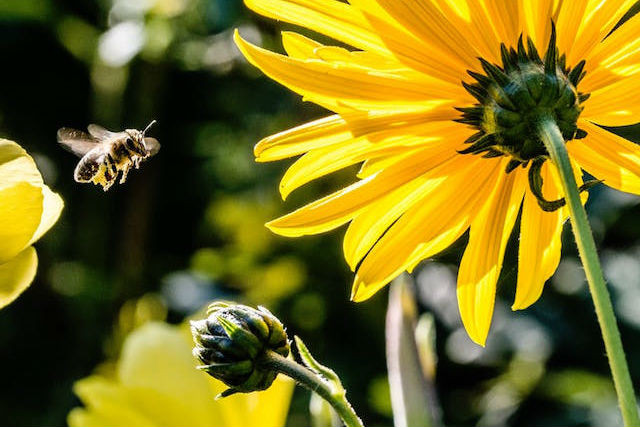An outline directive to prevent the use of clothianidin, imidacloprid and thiamethoxam outside of greenhouses was first presented on 23 March, 2017. Responding to a parliamentary question agricultural minister Fernand Etgen said that Luxembourg supported such a ban on a community basis.
“For now, it is not clear when the proposal would be put to vote with the permanent committee, or if other amendments will be made to the proposed text,” Etgen wrote, adding: “It is worth noting that the proposal does not target two other neonicotinoid substances: thiacloprid and acetamiprid, which are approved across the bloc. The government will support the restrictions proposed by the European Commission and plead for a full ban on active neonicotinoid substances.”
Neonicotinoids refer to a family of insecticides whose increased use has been linked in a range of studies to adverse ecological effects, such as honey-bee colony collapse disorder.
A 2013 study of three neonicotinoids by the European Food Safety Authority found that neonicotinoids pose an unacceptably high risk to bees. The report concluded: “A high acute risk to honey bees was identified from exposure via dust drift for the seed treatment uses in maize, oilseed rape and cereals. A high acute risk was also identified from exposure via residues in nectar and/or pollen.” Certain neonicotinoids were banned in the EU and some non-EU countries in 2013.
The death rate of Luxembourg’s bee population during the winter of 2016-2017 was 20% according to the minister, who added: “a loss of 10% is considered ‘normal’”.
Bee deaths are not only connected to exposure to neonicontinoids, other factors include the parasitic varroa mites and a lack of appropriate foodstuff because of loss in biodiversity.
Luxembourg has introduced a number of measures to protect bees, for example by supporting studies which analyse the impact of agricultural and non-agricultural activity on bee colonies as well as the presence of pesticides in pollen collected by bees.
An action plan is currently being fleshed out to reduce the use of phytopharmaceuticals meanwhile, measures have been put in place to ensure a natural zone alongside fields. Such zones are thought to span a total of 80ha.
